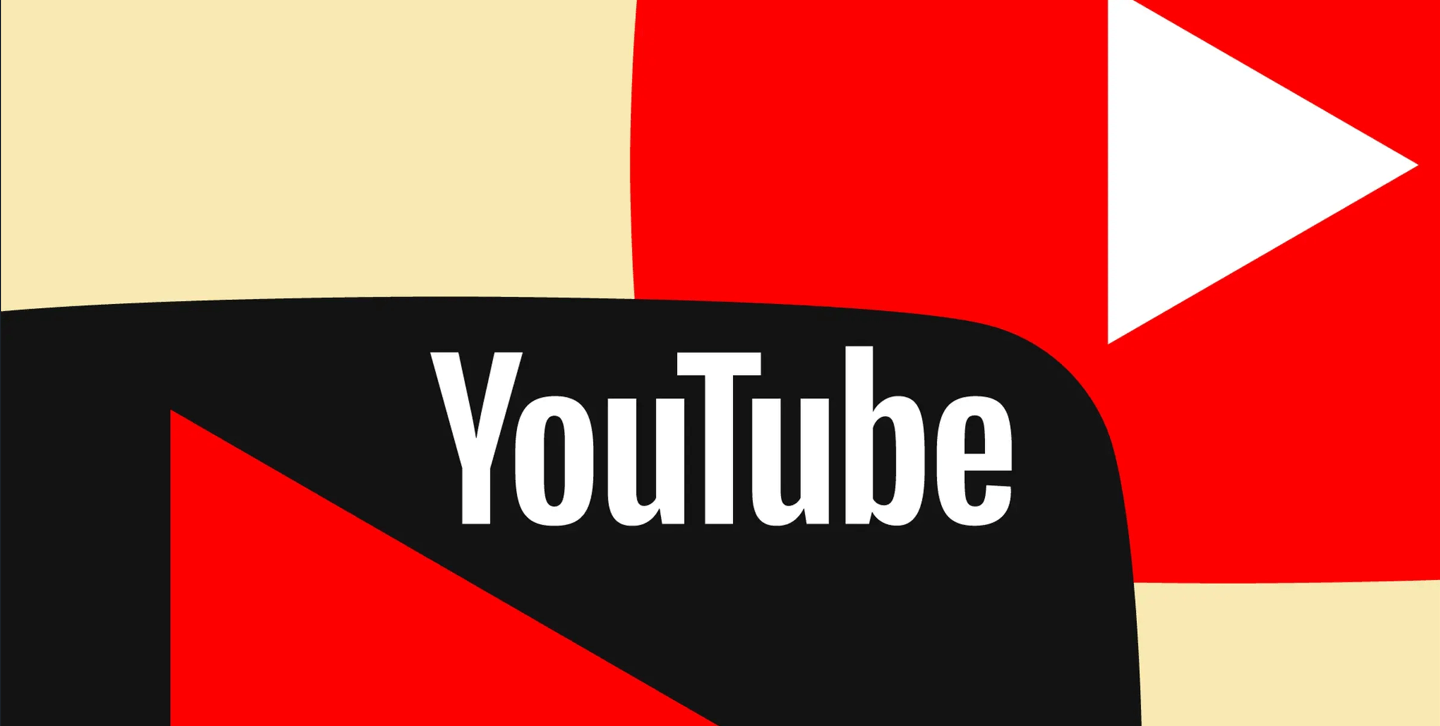YouTube collaborating with labels to replicate artist voices with AI
YouTube is reportedly working on an AI tool that would enable content creators to replicate the voices of famous musicians in their audio recordings.
First reported by Bloomberg, YouTube is said to be involved in discussions with music companies to obtain the necessary rights to train this AI tool, although no official deals have been signed with major record labels at this stage.
YouTube and record labels in collaboration, but what about the artist?
YouTube has introduced a number of AI-powered tools for content creators recently, including features for generating photo and video backgrounds and offering video topic suggestions. It’s reported that the company initially intended to unveil the voice-cloning tool but has faced obstacles related to securing rights and permissions.
While this concept is generating considerable interest, it also raises potential legal and ethical concerns. The practice of creating AI-generated music that emulates well-known artists has come under considerable scrutiny recently.
Musicians such as Grimes have expressed enthusiasm for the potential of AI-generated music, while others, including Sting, John Legend, and Selena Gomez have emphasized the importance of regulations to safeguard their voices from unauthorized replication.
As it stands, one major challenge faced by those endorsing AI voice cloning is establishing ownership rights for AI-generated music that replicates an artist’s distinctive voice without utilizing their protected lyrics or audio recordings directly.
This has consequently created a legal grey area because the technology blurs the lines between creativity and copyright. Training AI voice-cloning tools on music catalogues owned by record labels add an additional layer of complexity to navigate as many artists do not own the masters of their music.
It seems YouTube is positioning itself as a collaborator that can assist the music industry in navigating the evolving landscape of generative AI technology. Naturally, this approach has been welcomed by music companies looking to leverage AI for creative purposes.
Tech giant Alphabet, which oversees Google and YouTube, has been at the forefront of AI developments over the past year. Its involvement in this project could be pivotal in setting industry standards for AI voice replication tools.
While YouTube’s proposal offers intriguing creative possibilities, the negotiations with record labels and the ongoing debate surrounding AI-generated music’s legal and ethical aspects will determine the future landscape of AI tools for audio content creators.
What do you think of this advancement in AI music creation? Do you think AI voice replication will work for artists as it will for labels and YouTube? Let us know in the comments!

